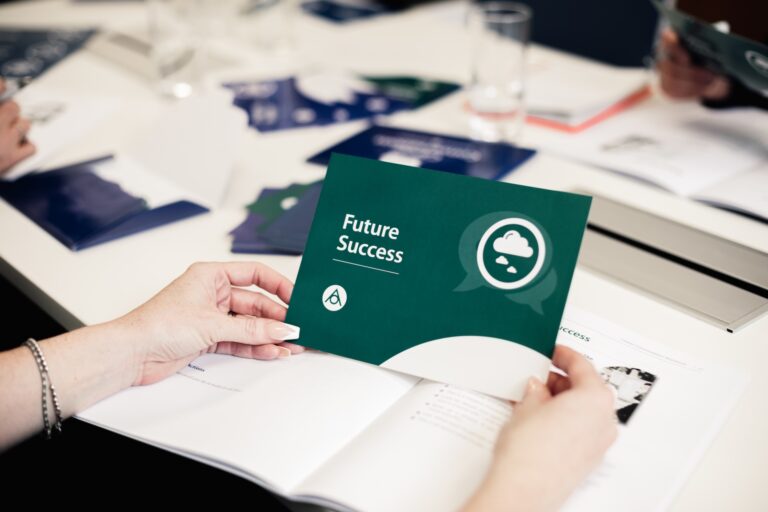We are living in unprecedented times. With COVID-19 impacting countries around the world, people everywhere are shifting to work from home and sometimes stay in isolation. They have children at home too, family members to worry about, food to buy, and the need to feel healthy and connected.
While I am optimistic that we will come through this over time, there is a lot of work and challenges to address. I haven’t been in touch before now because I wasn’t sure if I had anything useful to say.
As time has gone on, I have been reflecting on the role of mentoring and career conversations in this time of crisis. And I believe there is more need than ever. Our companies are filled with dedicated, passionate, capable people – but they can’t perform their roles and support each other unless they feel safe and supported. This is a time to think about support, care, and listening which is exactly the role that mentors can play. Now is the time to listen more than talk. Employees want someone to talk to, discuss issues and get help. Mentors need to reach out and offer that support.
People are also nervous about their futures and with good reason. Many organisations are already facing tremendous financial pressure.
Five ideas to help support employees at this time
So how can managers and mentors help employees cope with this change and uncertainty? Here are my thoughts:
1. Recognise that it’s a difficult time and encourage employees to think about what “surviving well” would look like. How would they know that they had come through it as well as they would like? What would they notice about their thoughts and actions that would tell them they were coping well? What would others notice?
2. Focus on what they can influence. One reason uncertainty causes such fear and anxiety is the feeling that you have no control or influence over the result. Managers and mentors can help employees through this by getting concerns out in the open and discussing which they can influence and should, therefore, focus on and which they can’t influence and should, therefore, try and let go of and not waste energy on. There are obvious things like washing their hands. Can they work from home? Can they get groceries delivered? Can they arrange ways of checking in on elderly relatives? What else can they influence and take action to address?
3. Focus on what they do have, rather than what they don’t. What are they already doing to manage as well as they are? What steps have they taken to look after their health and well-being so far through this difficult time? What has helped them cope with uncertainty and difficult times in the past that might help them now? What are they seeing others do that might help? I’ve heard of virtual choirs to get people singing, Zoom pilates classes to keep people exercising and walks in gardens to get fresh air, I know of a virtual Awards Ceremony through a Facebook Watch party where attendees are still going to dress up and drink champagne in their front rooms. I was invited to a Girls Night In and encouraged to dress up and crack open a bottle of prosecco. As the crisis continues, lots more creative ideas will come about to protect people against social isolation and help their physical and mental wellbeing.
4. Recognise and value their hard work and resilience during this tough time. It can be especially hard for managers and mentors who are also going through this crisis and might not be getting much support. But give your employees genuine, positive feedback on what you’re impressed with about them. It’s also helpful to note the personal strategies they have used over the past few weeks that have helped them to manage as well as they have. It’s a powerful way of helping employees feel more empowered and resourceful.
5. Identify steps they can take that will make a difference. By highlighting all the actions they have taken so far and all the resources they have available, employees will be able to identify coping mechanisms and small steps they can take immediately to make further progress.
Leave employees to cope with this crisis and uncertainty alone and they are likely to become paralysed by anxiety and increasingly demoralised. My hope is that if mentors and managers use these strategies, they will help them see beyond their immediate limits, focus on what they can do and keep perspective. All of that can instill a sense of hope and optimism.
What can we do to help?
In all honesty, I’m not sure. But I want you to know that I and the whole of Team AO are here for you, your managers and your mentors. So we want to hear from you. In the coming months, what do you want from us at Antoinette Oglethorpe Ltd? What challenges are you now facing, and what kinds of ideas and strategies would you like us to share to help you through them? Just hit reply, pick up the phone or schedule a zoom call and we’ll talk things through.
Stay safe.




1 thought on “What Role do Mentors and Career Conversations have to play in this time of Coronavirus?”
Thanks for the awareness